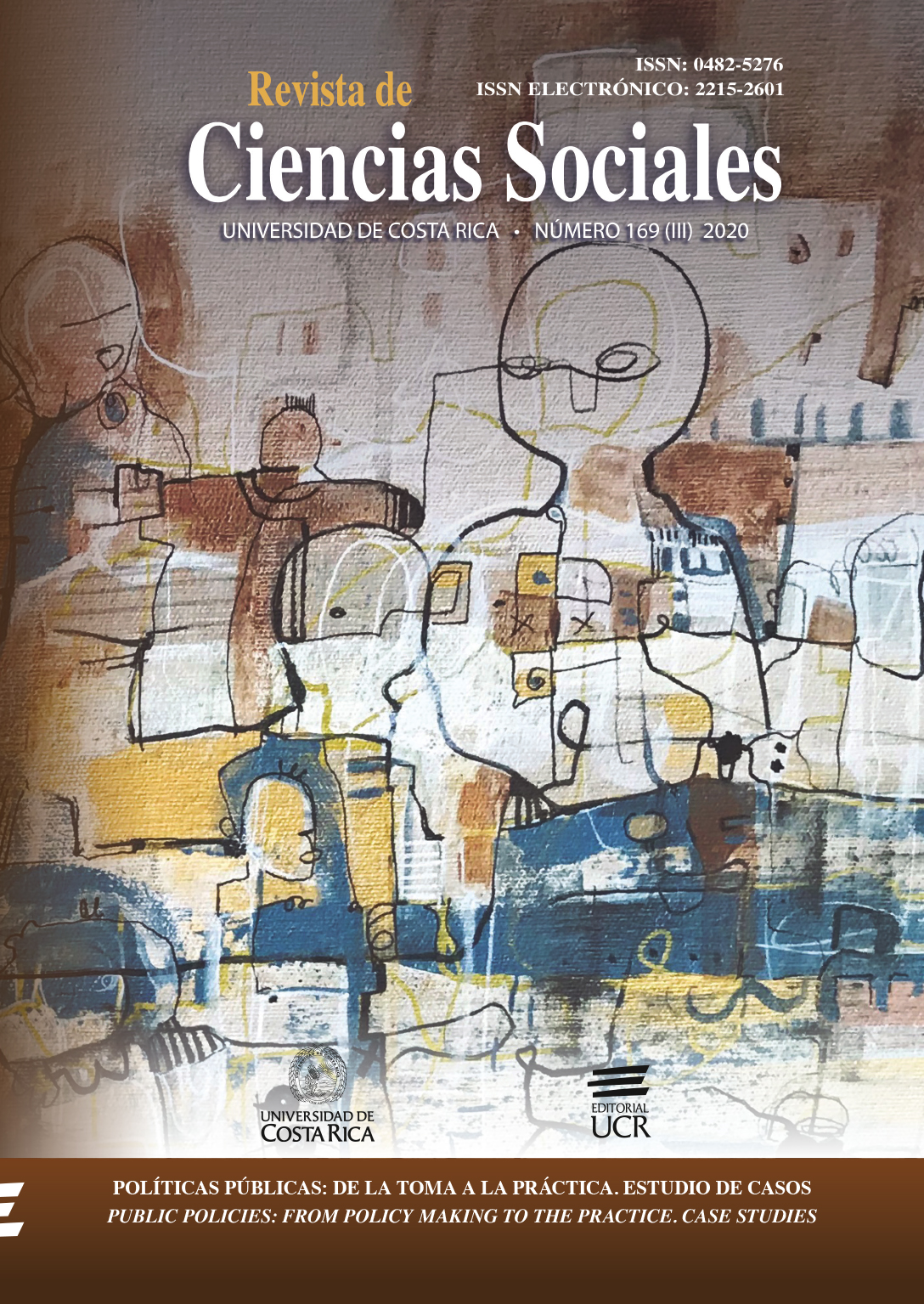Abstract
This article argues that democracy, as well as non-democratic regimes, share hierarchies as models of governance (conflict resolution mechanisms) in the process of building a modern contractual state. Game theory is used as a methodology to analyze the works of Hobbes and Machiavelli, defending that both proposals describe the same phenomenon but at different stages, with the objective of contributing to the explanation of the current crisis of democracy. To this end, a new model that integrates Von Neumann’s expected
utility function with a variant of Selten’s discount rate to refine equilibria, is developed. It is concluded that it is not the governance model, but the efficiency of the State to manage the conflict that determines the consolidation (or dismantling) of the contractual regime.


